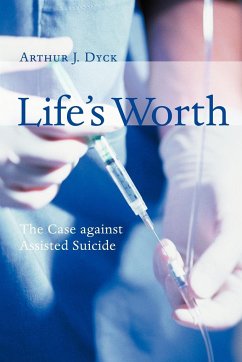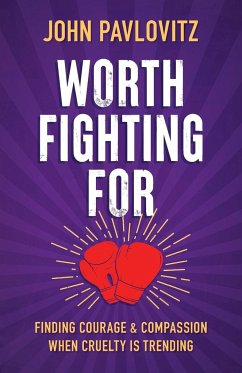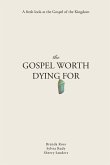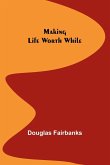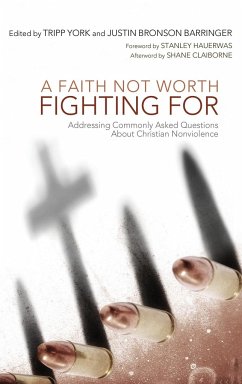Today there is growing acceptance of the idea of physician-assisted suicide. Even Christians are beginning to factor the possibility into their ethical understandings. Would it not be compassionate to acquiesce in a terminally ill patient's request to end it all? This sentiment seems reasonable, even humane. But as Harvard ethicist Arthur J. Dyck shows in this powerful work, there are solid moral and practical bases for the existing laws against assisted suicide in the United States and elsewhere. Over the course of four interconnected, tightly reasoned arguments, Dyck takes readers from a basic concern for human suffering -- the main focus of those who support assisted suicide -- to the deeper truths of life's inherent worth. Dyck begins by examining the arguments of some physicians, moral philosophers, and theologians for making assisted suicide available. He also discusses the alternative practice of comfort-only care, explaining why it differs morally from assisted suicide and euthanasia. Dyck then explores and defends the moral structure underlying the West's long tradition of homicide law as well as current law against assisted suicide and euthanasia -- laws designed to protect both freedom and human life. Finally, Dyck shows that the moral structure undergirding our system of law is compatible with the views of Christianity, and he points to certain Christian beliefs that provide comfort and hope to those who are suffering, dying, or experiencing the death of loved ones. Throughout the book, Dyck staunchly maintains that assisted suicide is unacceptable in any and all circumstances. The practice denies terminally ill patients the possibility of recovery and robs them ofthe chance to rethink the meaning of their lives or to achieve spiritual growth. Furthermore, because it undermines the shared moral structure that makes community possible, assisted suicide bodes ill for society as a whole. "Life's Worth" is a must-read for anyone grappling with this hotly debated issue.
Hinweis: Dieser Artikel kann nur an eine deutsche Lieferadresse ausgeliefert werden.
Hinweis: Dieser Artikel kann nur an eine deutsche Lieferadresse ausgeliefert werden.

